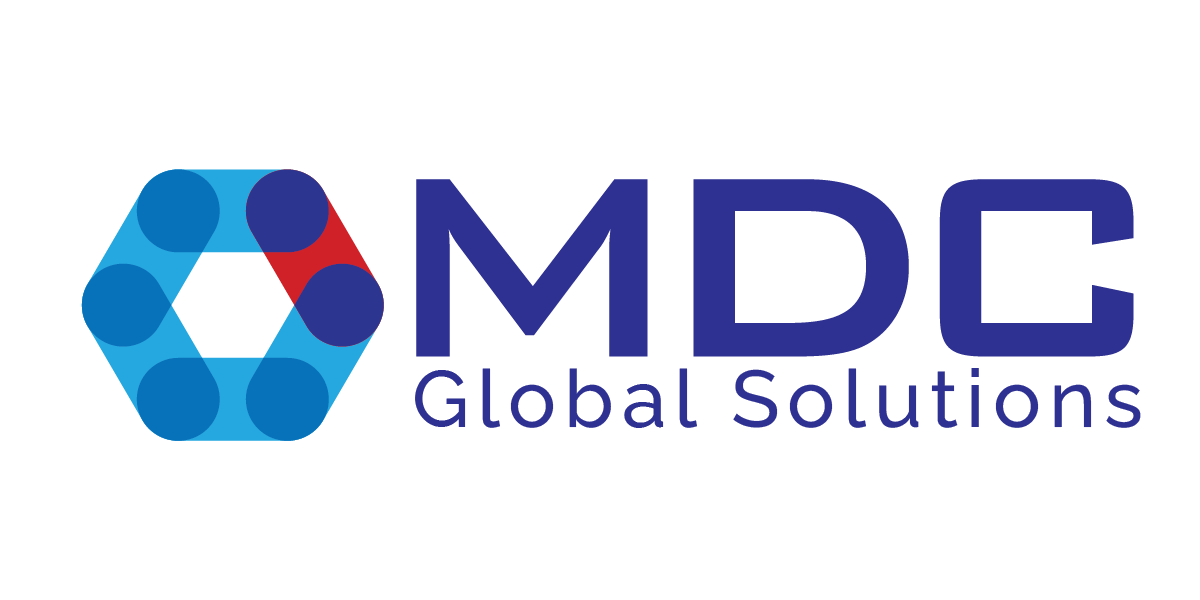Crunching the numbers is a baseline task for every organization. For government agencies, the results are also about transparency and public trust. That’s why federal accounting standards exist: to ensure that agencies report and classify their expenses consistently and accurately. But can standards also enable agencies to achieve more than just passing an audit?
Standards can also be viewed as guardrails, enabling agencies to know what is and isn’t acceptable. Within that framework, accounting experts can help agencies achieve their mission goals, because every decision has a dollar impact. That takes not only knowing the regulations, but how understanding the complete financial picture helps the entire organization succeed.
In other words, it’s time to view accounting as not only a mechanism for reporting what’s already happened, but as a fundamental driver of strategy and the agency’s vision for the future.
Winning the Fight for Limited Dollars
Every office in every agency is in competition for austere resources. Why should leadership (or congress) allocate funding for any given program? Looking back at how efficiently you used previous resources can be a major factor in this decision. If an agency didn’t use everything they were allocated last time around, do they require that level of funding today? Conversely, if an agency did in fact use 100 percent of its budget, was that money spent according to plan, and in line with the agency’s strategic priorities?
After 38 years of federal service, I’ve found that one thing is for sure: the agencies that have a thorough understanding of the government’s financial rules and regulations, manage their budgets more effectively.
Is Accounting Necessary?
As a program manager of an accounting office with no accountants, I’m seeing that financial analysts are becoming more present throughout federal agencies. For one thing, financial analysts do not require a four-year degree, and in many cases, the day-to-day concerns of an agency’s financial operations doesn’t require the specific skillset of an accountant.
However, when errors occur or you’re trying to get a clean audit opinion, accounting capabilities are absolutely critical. That’s why both external and internal audit teams are staffed with certified public accountants, supported by the financial analysts who can provide accurate financial reporting.
There’s no way around accounting principles and rules. Any time you try to circumvent them or take shortcuts, it’s to your peril.
Putting a Price Tag on “What if?”
Accounting is not just about looking back at what’s already happened — at least, it shouldn’t be. Working within Federal Accounting Standards Advisory Board (FASAB) guidance can be about much more than compliance.
An accounting expert can see trends, patterns and obstacles to help determine what’s possible: can you grow or downsize certain aspects of your business operations? Can funding be shifted to support investment in new capabilities? Can we justify new expenditures based on past performance and proven needs?
COVID-19 has presented another crucial way that financial expertise is essential to effective management. For government health organizations, for example, costs shifted from supporting in-person treatment to substantially more telehealth capabilities than ever before. Likewise, training and connecting peer-to-peer now has to include remote and hybrid workers. The ability to react and respond to major events, whether natural or human-made, depends on knowing how your budget is currently being used, so that you can plan for the unexpected and be ready for the next crisis.
The Power of Knowledge
Bringing in a partner to support your financial administration often makes sense; it allows you to make use of expert resources that can scale to meet changing needs. But finding the right partner isn’t always straightforward.
Each agency has unique attributes that contribute to the overall success of the mission. A partner who understands the interoperability of the systems and processes within your agency is invaluable. Such a partner can quickly deliver insights to support a smarter use of budgeted dollars and a clearer long-term strategy.
That’s MDC’s role: helping you succeed with financial strategies and precise accounting support. Sometimes that means calmly delivering hard truths. But along the way, our experts can help keep you from spending resources you don’t have, find resources you can apply where needed, and ensure the strictest adherence to financial regulations.
It should be a given that your accounting partner not only understands, but lives all of the applicable rules and regulations. Our senior most team members can bring 40 years of federal experience, supported by a growing cadre of skilled personnel. The MDC team delivers an unmatched ability to ensure you are not only in compliance but positioned to make the bold moves needed to fulfill your mission.




